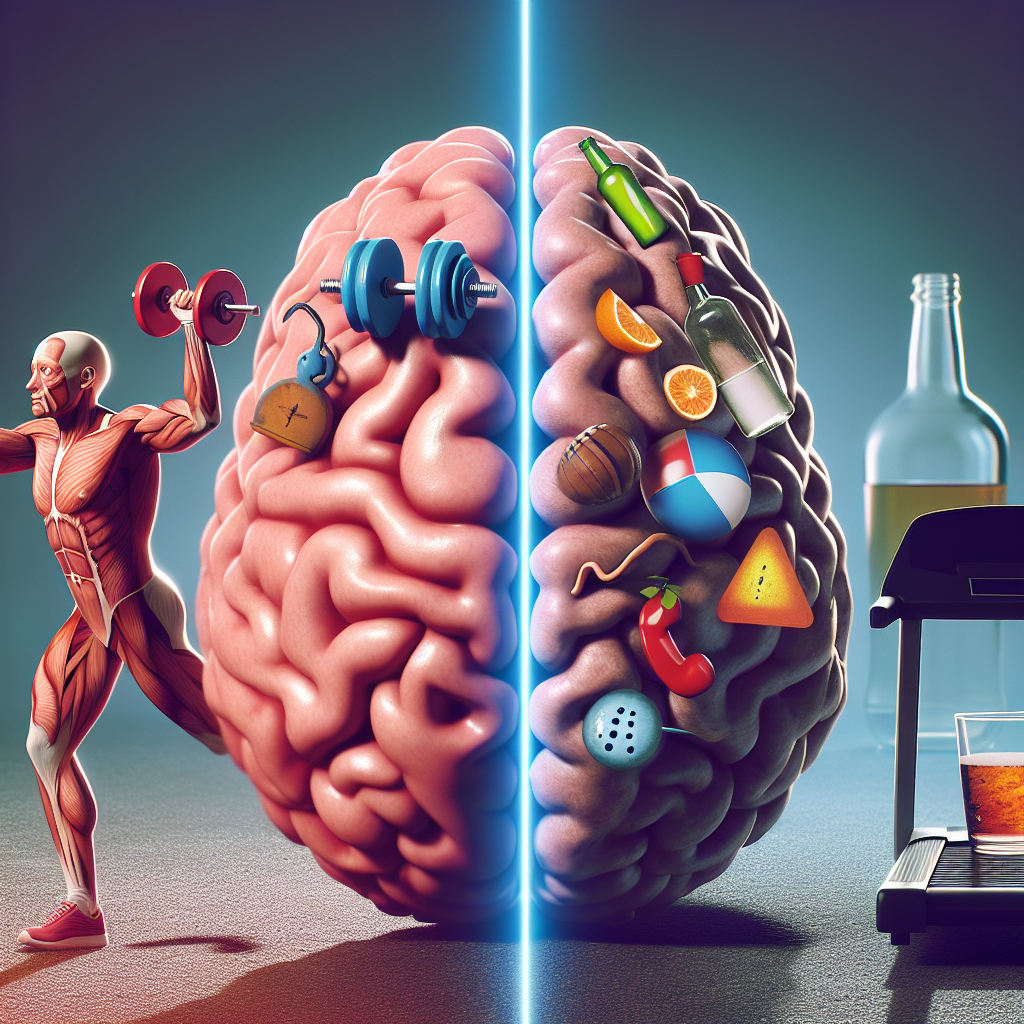Introduction Imagine your brain as a bustling city at night, with countless lights flickering on as they illuminate the darkness. This vibrant image is not far from what scientists see when studying brain activity, especially when looking at how certain behaviors can light up specific areas of the brain. Now, let’s introduce a familiar culprit […]
Tag: Diagnostic radiology

Bridging the Emotional Chasm: Exploring Why Men Struggle to Read Women’s Eyes
— Introduction: Unveiling the Emotional Labyrinth Imagine a world where communication is much like solving a riddle without key clues—one in which understanding the subtleties of emotion is often a day-to-day struggle. For many men, this world isn’t just a metaphor; it represents their lived experience when trying to decipher the language of women’s emotions. […]
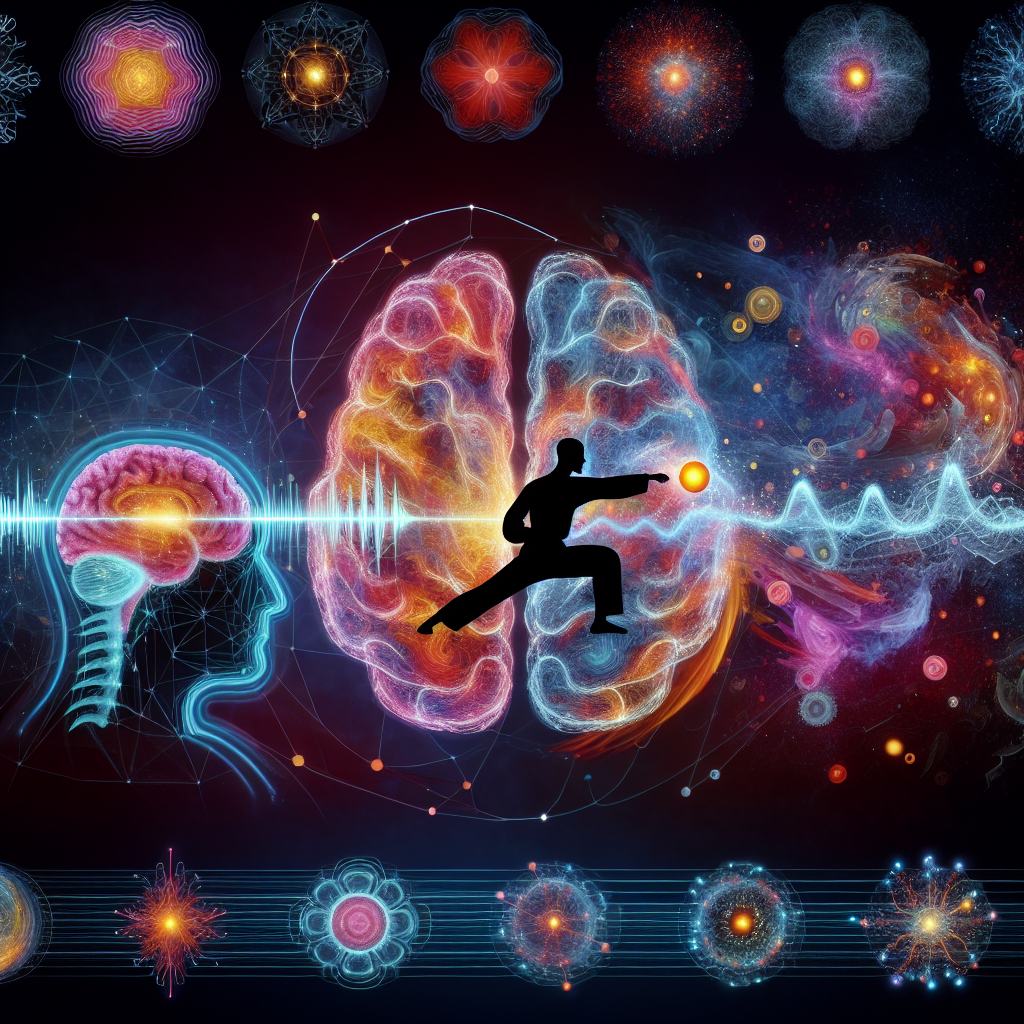
How Taichi May Transform Your Brain: Insights from a Groundbreaking Study
— Introduction Imagine being able to reshape your brain just by moving your body gracefully, like in a slow and elegant dance. This might sound like a scene from a sci-fi movie or a utopian dream, but a compelling research study titled ‘Can Taichi Reshape the Brain? A Brain Morphometry Study’ explores this very possibility. […]
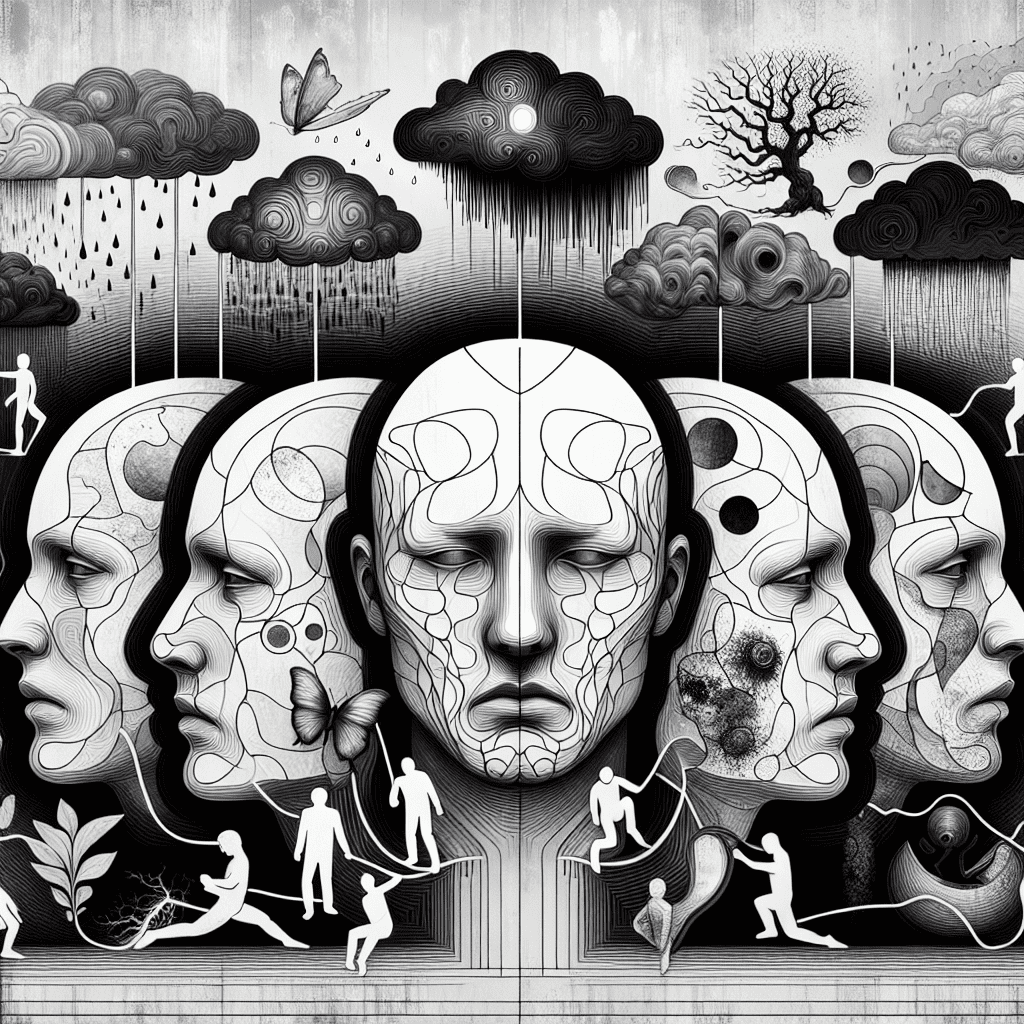
The Mind’s Perception: How Neutral Faces May Reveal Depression’s Secrets
Introduction Imagine a world where every face you encounter is a puzzle. Where even the most neutral expressions appear shrouded with hidden meanings. This is the reality for many individuals battling depression, a condition that doesn’t just color one’s emotions but also alters perception. The recent research paper, “What Does Brain Response to Neutral Faces […]
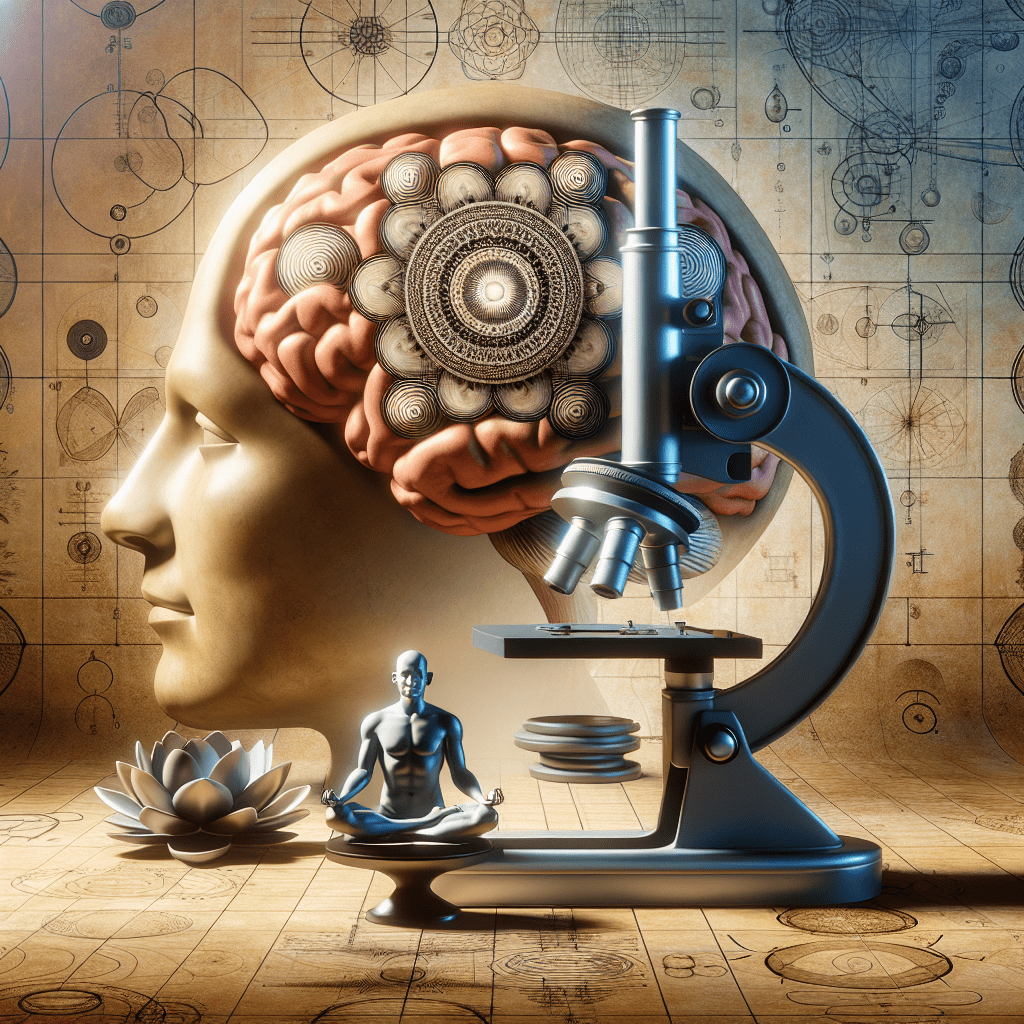
The Mind Under the Microscope: Unlocking the Brain of Zen Meditators
Introduction Imagine being able to change your brain simply by meditating. It sounds like a tale from a science fiction novel, yet it’s a reality understood through scientific lenses. In this inspired journey through the study titled Brain Changes in Long-Term Zen Meditators Using Proton Magnetic Resonance Spectroscopy and Diffusion Tensor Imaging: A Controlled Study, […]

Navigating the Mind’s Maze: Understanding Trauma Memories in PTSD
Introduction Imagine the mind as a vast library where each book represents a different memory. Some books are like cherished novels, filled with warmth and fondness, while others hold tales of nightmares and darkness, seemingly etched into the fabric of the brain. For individuals with Posttraumatic Stress Disorder (PTSD), these dark volumes sometimes come alive, […]
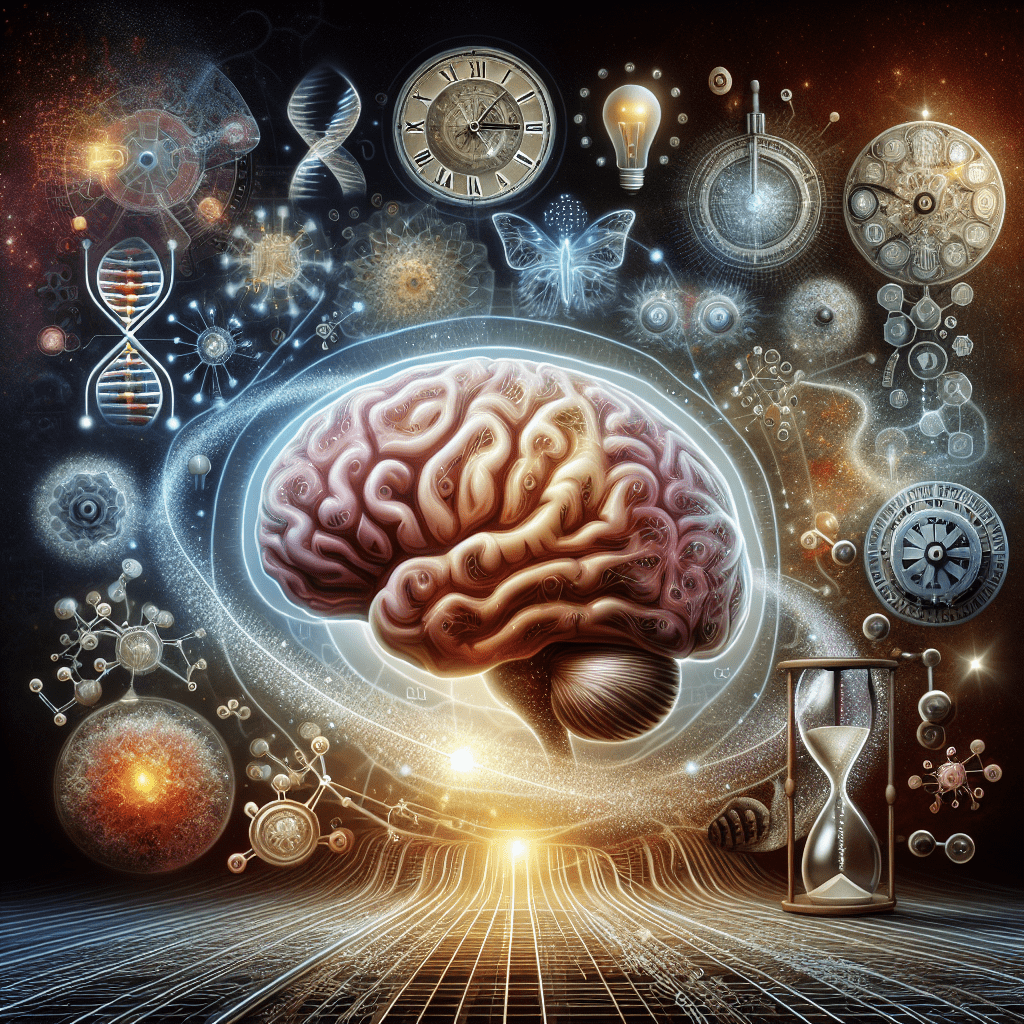
Decoding the Brain: How Genetic Hints Shape the Future of Schizophrenia Research**
Introduction: Genes and Minds – An Intriguing Association Imagine a single genetic alteration as a key that potentially unlocks the mysteries of the brain’s complex wiring. This intriguing possibility invites us to explore the unsung role of our genes in shaping our mental health. As the research paper Reduced Fronto-Temporal and Limbic Connectivity in the […]
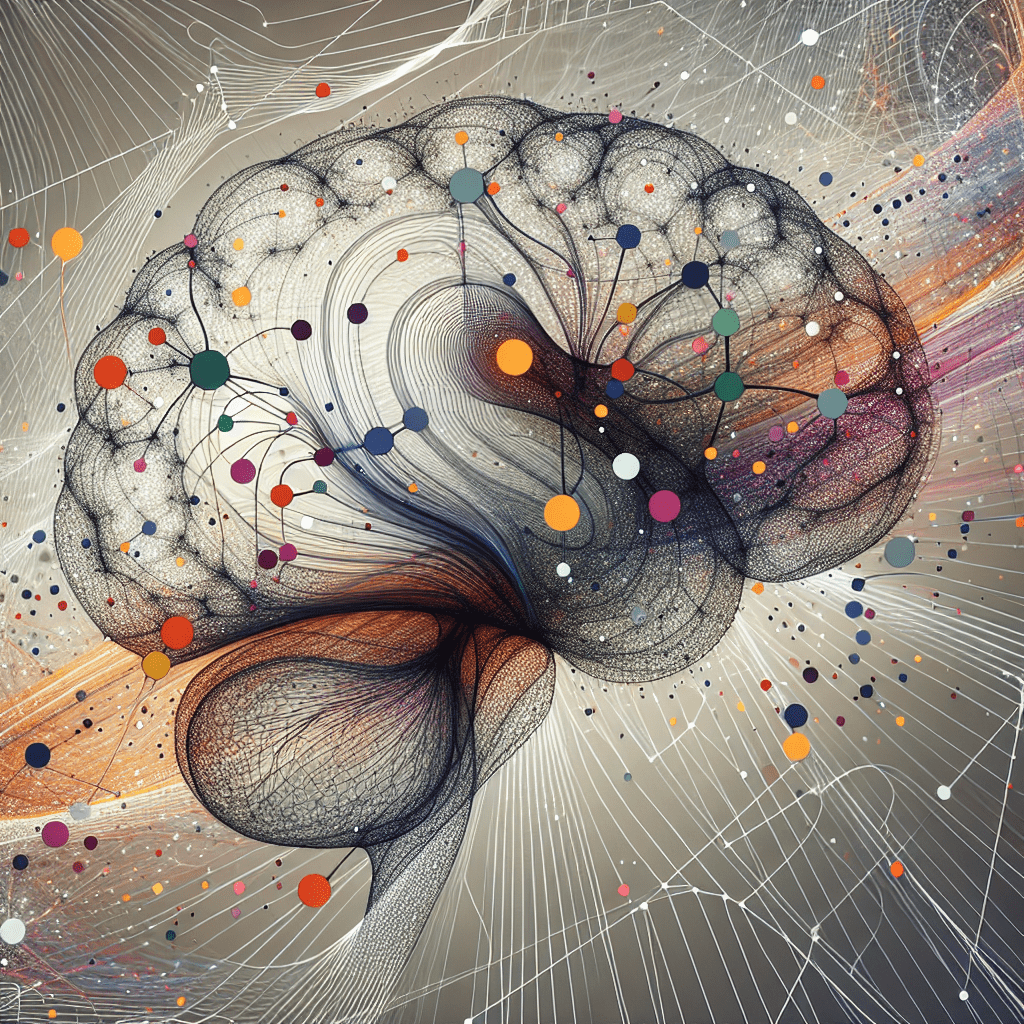
Connecting the Dots: Exploring the Brain’s Resting State Through Advanced Analysis
— Introduction: Decoding the Brain’s Quiet Conversations Have you ever wondered what happens in your brain when you’re just sitting still, not engaged in any specific task? It might seem like the mind is at rest, but there’s a complex symphony of activity going on. Think of it as a subtle hum of neurons whispering […]
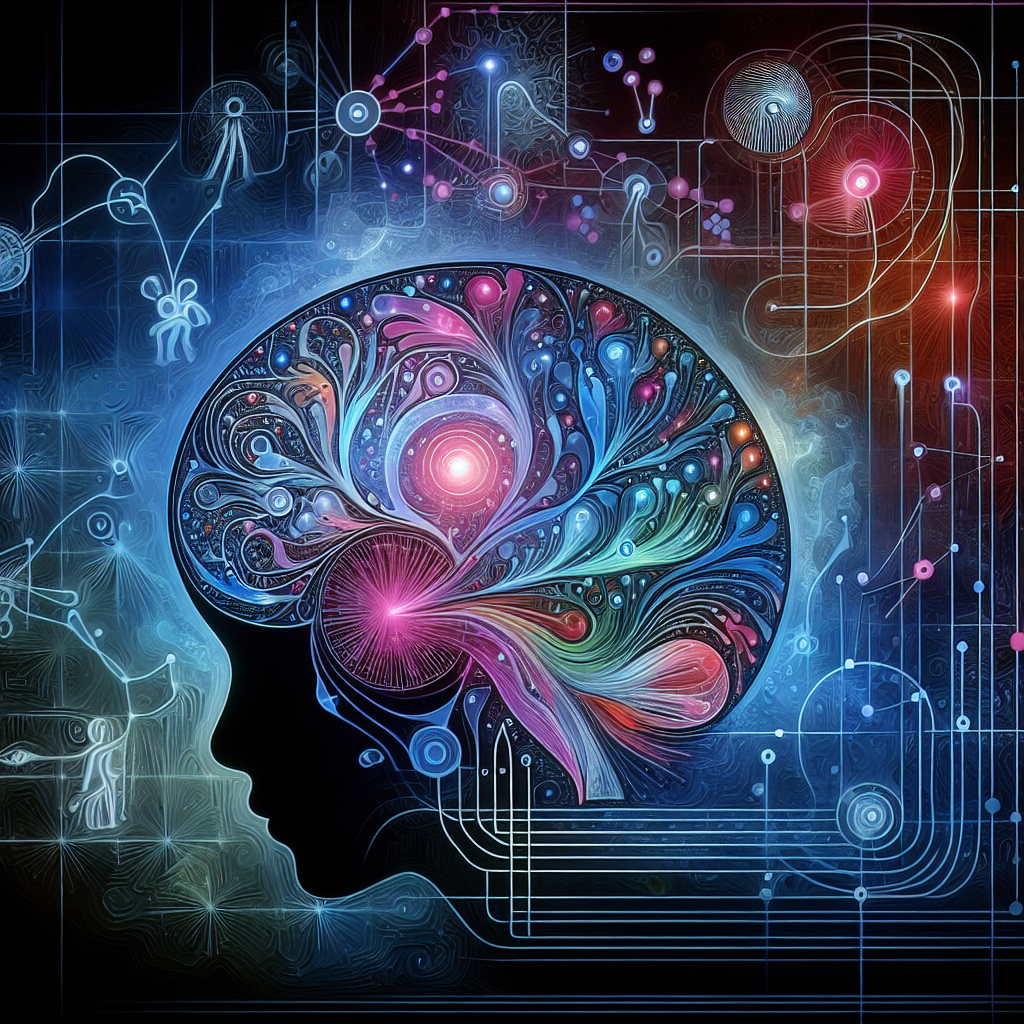
Exploring the Link Between Brain Integrity and Behavior in Children with Visual Conditions
Introduction: Unraveling the Mind’s Mysteries Through the Eyes Picture this: a child at play, laughter resonating, yet behind those sparkling eyes is a hidden world of neural intricacies that we are only beginning to understand. Such is the enigmatic case of children with Isolated Optic Nerve Hypoplasia (ONH), a relatively rare condition where the optic […]
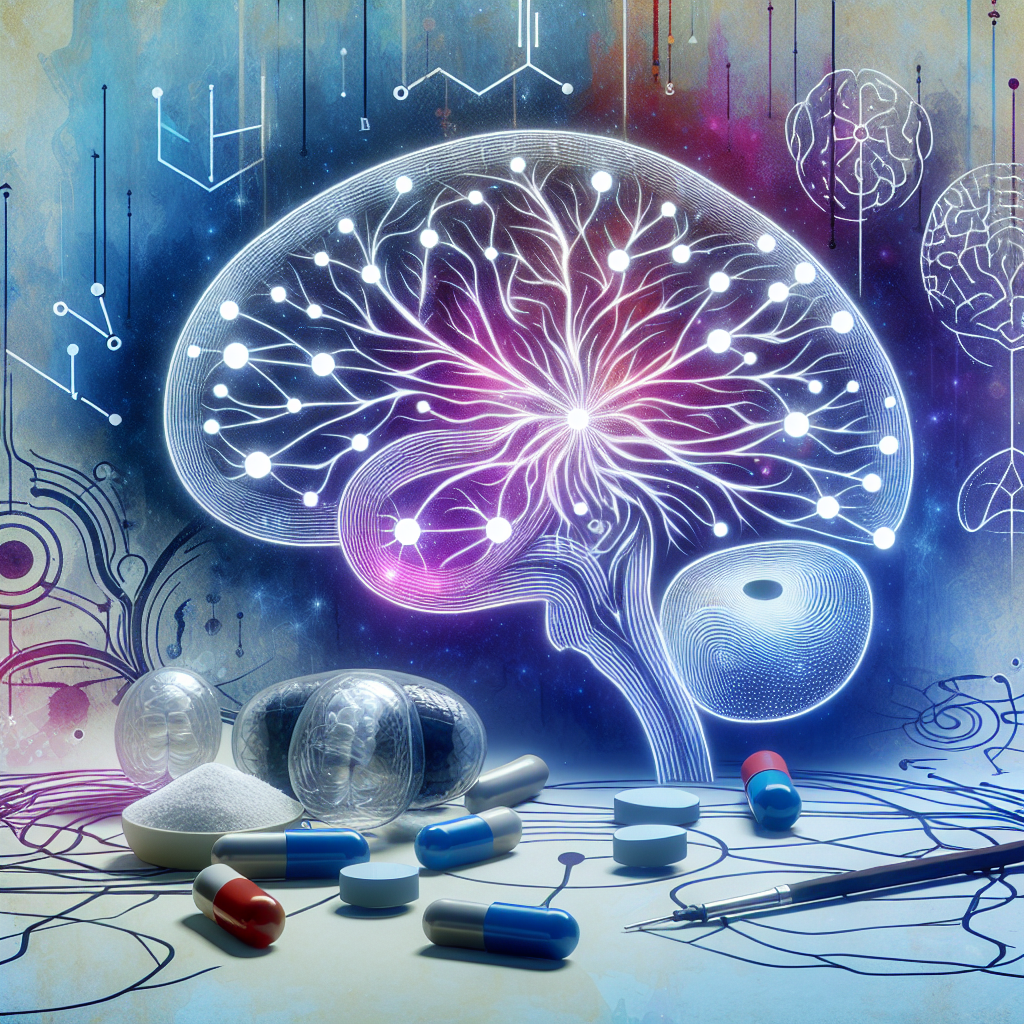
Cracking the Code: The Brain Circuits Altered by Heroin Dependency
Introduction Imagine if a simple act, once entirely within your control, transformed into a relentless drive beyond voluntary action. This gripping metamorphosis might explain why some people become heroin-dependent. They move from a stage of volition into a compulsive and habitual cycle of drug use, controlled by brain circuits operating invisibly beneath their conscious thoughts. […]
